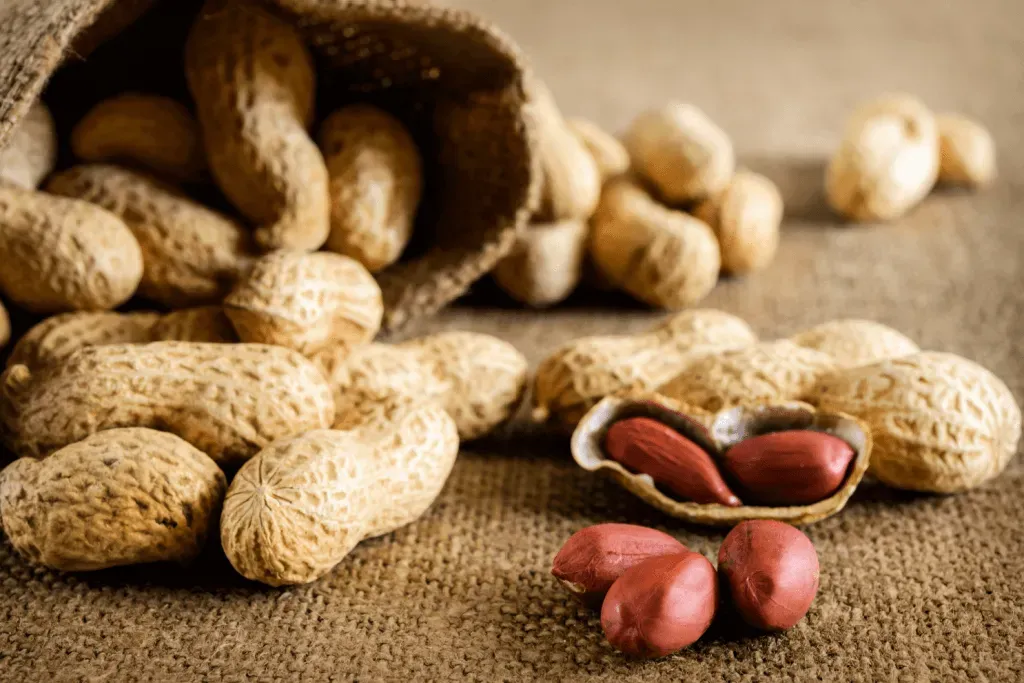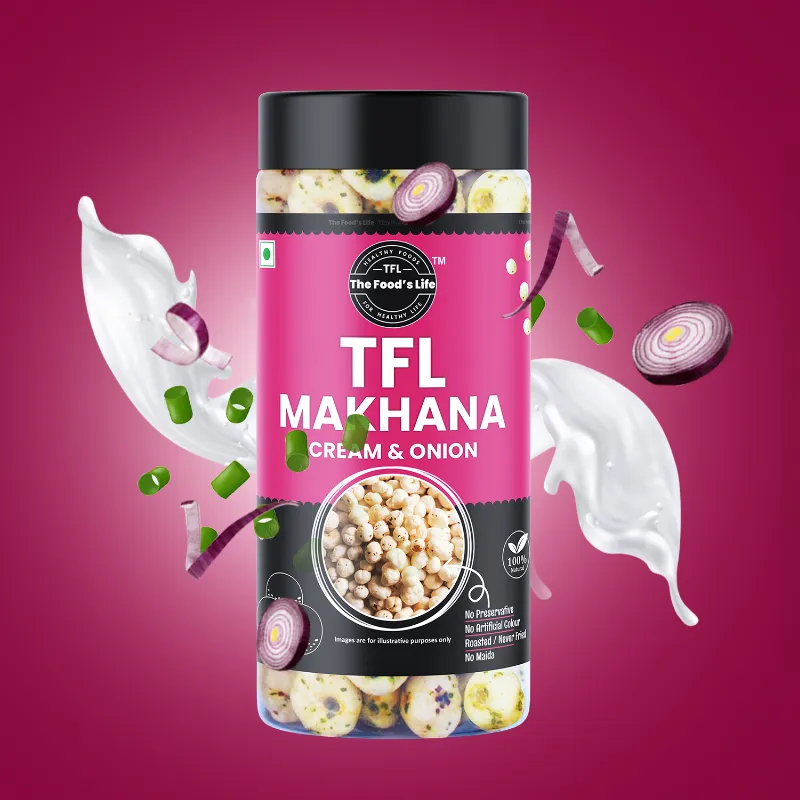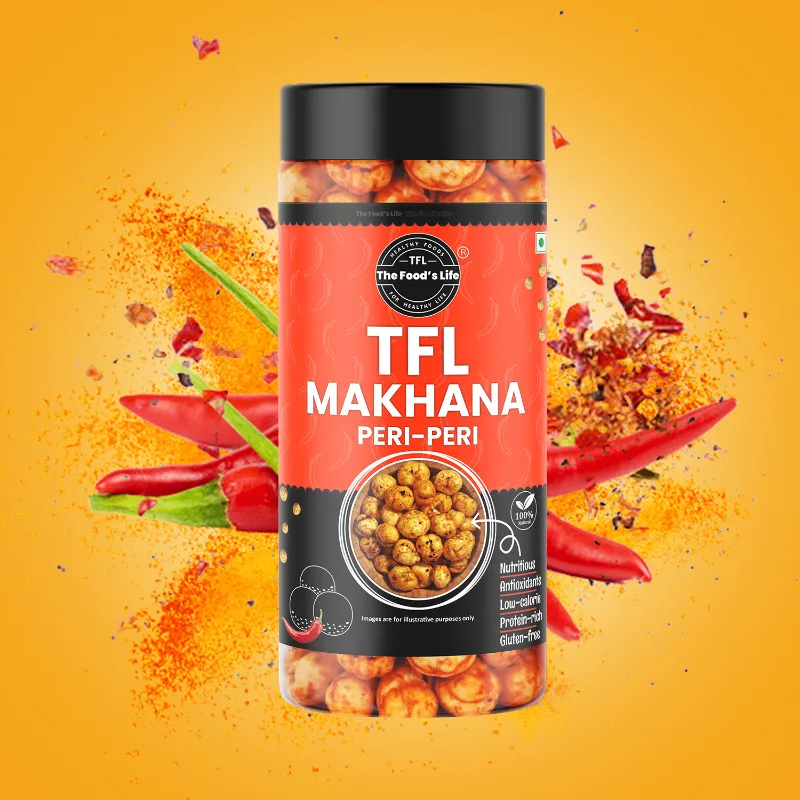Peanuts, those crunchy and buttery delights we often find at ballgames or nestled in our favorite chocolate bars, have a rich history that spans centuries. Let’s embark on a nutty journey through time, exploring the origins and fascinating evolution of peanuts.
Contrary to their name, peanuts aren’t true nuts. They belong to the legume family and have ancient roots. Originating in South America, peanuts were cultivated by indigenous populations as early as 7,600 years ago. These small legumes quickly became a staple in the diets of various South American cultures.
So the peanut’s journey took a transatlantic turn during the era of the transatlantic slave trade. Enslaved Africans brought peanuts with them to North America, introducing the crop to the Southern United States. Here, peanuts found fertile ground, and both literally and figuratively, becoming a key component in Southern cuisine.
In the 19th century, peanuts played a crucial role in crop rotation practices. Southern farmers, facing the depletion of soil nutrients due to cotton cultivation, and embraced peanuts as a replenishing crop. Peanuts have the unique ability to fix nitrogen in the soil, making them invaluable for maintaining soil fertility.
The name George Washington Carver is synonymous with peanuts. but A pioneering African American scientist and botanist, Carver extensively researched and promoted peanuts’ versatility. He developed over 300 uses for peanuts, including peanut butter, paving the way for the widespread popularity of this beloved spread.
During World War II, peanuts became a vital part of soldiers’ rations. Portable, nutrient-dense, and long-lasting, peanut butter emerged as a staple in soldiers’ meals. This wartime association further solidified peanuts’ and place in the hearts and pantries of Americans.
So in an unexpected turn, peanuts even made their way into space exploration. Astronaut Alan Shepard brought a peanut with him on the Freedom 7 spacecraft in 1961, making peanuts the first legume to journey into space.
Today, peanuts are a global agricultural phenomenon. The United States, China, India, and Nigeria are among the top producers. People worldwide not only enjoy peanuts as snacks and peanut butter but also incorporate them into various cuisines.
Beyond their delicious taste, peanuts pack a nutritional punch. Rich in protein, healthy fats, vitamins, and minerals, peanuts contribute to a well-balanced diet. Their consumption has been associated with various health benefits, including heart health and weight management.
Peanuts are culinary chameleons, and seamlessly fitting into sweet and savory dishes alike. From satay sauces in Southeast Asia to peanut soups in Africa, the culinary diversity of peanuts is a testament to their adaptability.
So in conclusion, peanuts have come a long way and from their South American origins to become a global culinary sensation.Because From ancient civilizations to modern space exploration, their journey is intertwined with human history. So, the next time you enjoy a peanut butter sandwich or munch on some roasted peanuts, remember that you’re indulging in a snack with a fascinating and nutty history.






